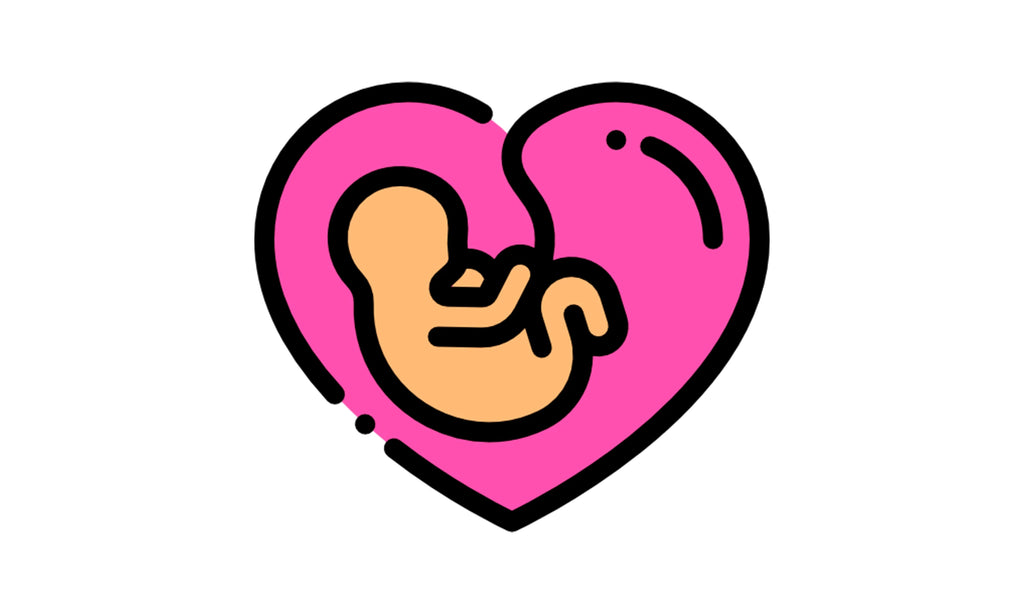Third-party reproduction is defined as when someone, other than the parents directly involved in childbirth, assist in the fertility process. Third-party reproduction can come in many forms, so we’ll go through them in this article to give you the information you need. You may think you need a lot of assistance, but in reality, you may do well with the minimal involvement of a third party! The consideration all depends on your unique medical history and how you want the surrogate pregnancy to proceed because there are many avenues from which to choose. Ultimately, we can help you make the best choice for you and your family, so heres a breakdown of what third-party production is and how it helps in gestational surrogacy.
How is third-party reproduction defined?
Another name for third-party reproduction is assistive reproduction. Essentially, the process starts by approaching an agency about receiving services. The actual type of surrogacy services youll need will vary from case to case. For example, you may need complete donor-assisted reproduction if you and your partner have medical complications that preclude you from natural insemination. Either way, the idea is to take advantage of significant advances in fertility science that make it possible for women who can’t conceive naturally to give birth. You can also use third-party reproduction services to have someone else carry your child on your behalf,
a gestational surrogate! Your consideration should depend on what you’ll need because every situation is different, and you may not need as much assistance as you assume.
What types of third-party reproduction are available?
Third-party reproduction can include services, such as:
If you’re an intended parent, you may need all of those services to start your own family for the first time, but you may do well with only a few. For instance, gamete donation may be the only missing piece of the puzzle if you can’t become pregnant due to infertility. On the flip side, you may only need IVF to conceive naturally. It all depends on what you need to begin a family, and approaching a third-party reproduction agency is the first step of the journey into surrogacy!
What is the process when finding an egg donor for third-party reproduction?
The first step will always be to see a fertility specialist since you need to know precisely why you can’t become pregnant naturally. It could be a congenital condition or something that you developed over time! Nevertheless, you’ll undergo several tests to determine where the problem lies. This way, you can rest assured that you receive the proper services from a third-party agency. Once you know the underlying medical issue, you can apply the right solution, which may include donated sperm and eggs, otherwise known as gametes. If you choose the surrogacy route, you can choose to use your eggs and a sperm donor, or you may only need to transfer an embryo to the surrogate via IVF.
For those seeking complete donor-assisted reproduction, how does the process work?
If you and your partner need complete donor-assisted reproduction, the key is to choose an agency that can shepherd you through the entire process. For starters, you may not know which agencies are available or whether or not
surrogacy is legal in your home state! Surrogacy laws vary widely across the U.S., so surrogacy may not be an option. In some states, compensated surrogacy arrangements are illegal. You’ll have a few restrictions in others, but you may be able to still enter into a surrogacy arrangement! Once you know that surrogacy as a practice is legal in your state, you can begin comparing agencies to find the best fit. Since you’ll need full service, your chosen agency can accommodate your needs. There’s no guarantee that a fertility clinic will also help with surrogacy arrangements. However, as many of them will gladly help with surrogacy, its important to know which ones have a reputation for success. The next step is to decide on gamete donors, and the good news is that you have plenty of options because agencies go through great lengths to screen their donors.
How do fertility clinics qualify and screen gamete donors?
Each agency has its own criteria and threshold for gamete donation, whether or not
it’s an ovum donation or a sperm donation. When you work with our agency, we ask that our egg donors be between 18 and 29 years old, but that doesn’t mean you can’t donate eggs if you’re over 30. Some agencies give more leeway since having a healthy reproductive history is vital too! Indeed, some of the best egg donors are women who have already given birth to healthy babies. A fertility clinic will also require that egg donors be U.S. citizens and residents too. You may be able to travel to another state nearby if you can’t find a clinic in your area. But you must always be a non-smoker to donate eggs or sperm. It’s a pretty standard requirement. Furthermore, egg donors have a right to privacy, so you’ll only have access to their basic demographics like their education level or other desirable qualities like high intelligence and athleticism. Either way, you won’t know the donor’s name unless you already have a donor ahead of time, like a sibling or close friend. As you can see, third-party reproduction services come in many forms, so with our help, you can make the best choice for you and your future family.





